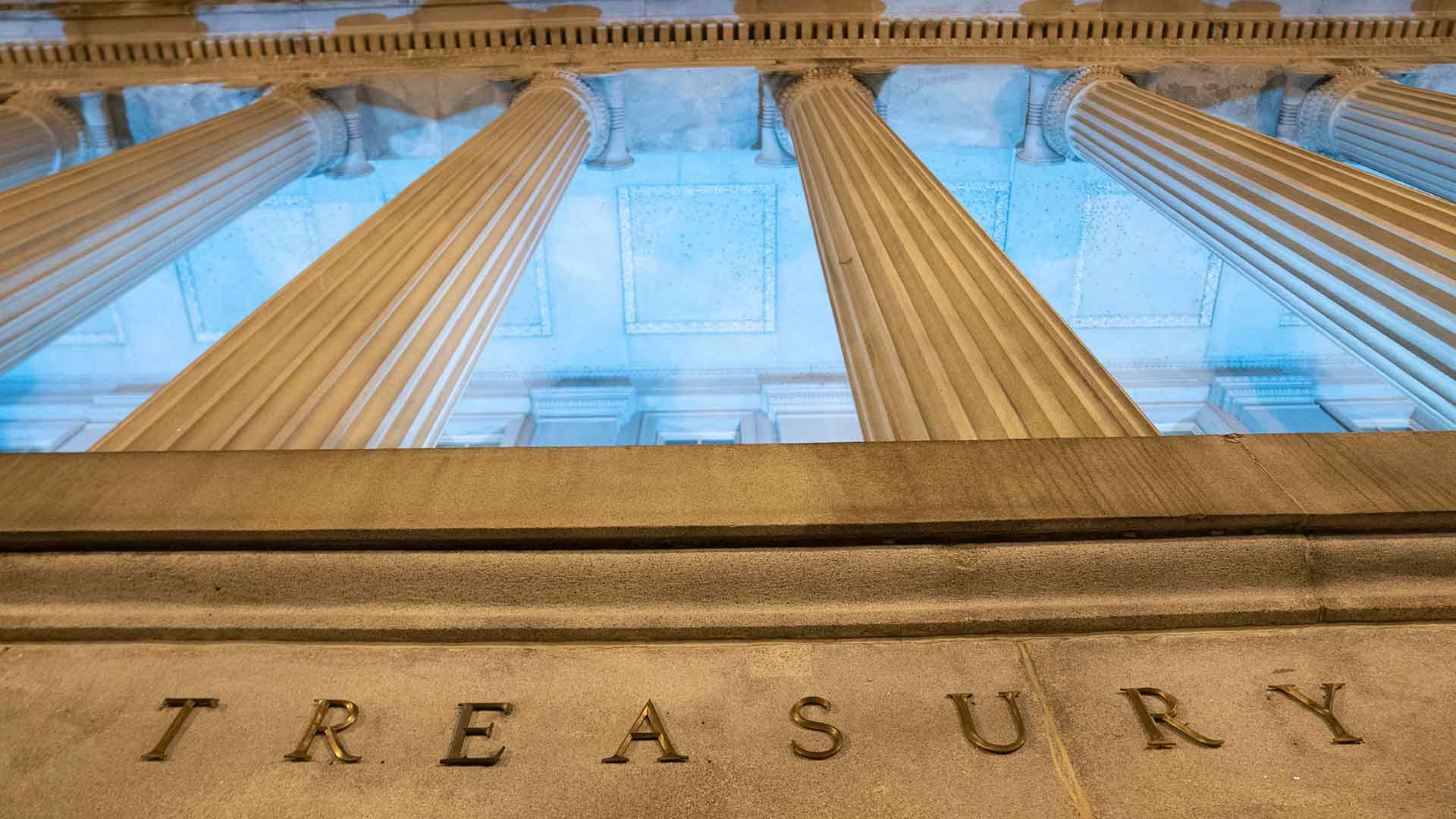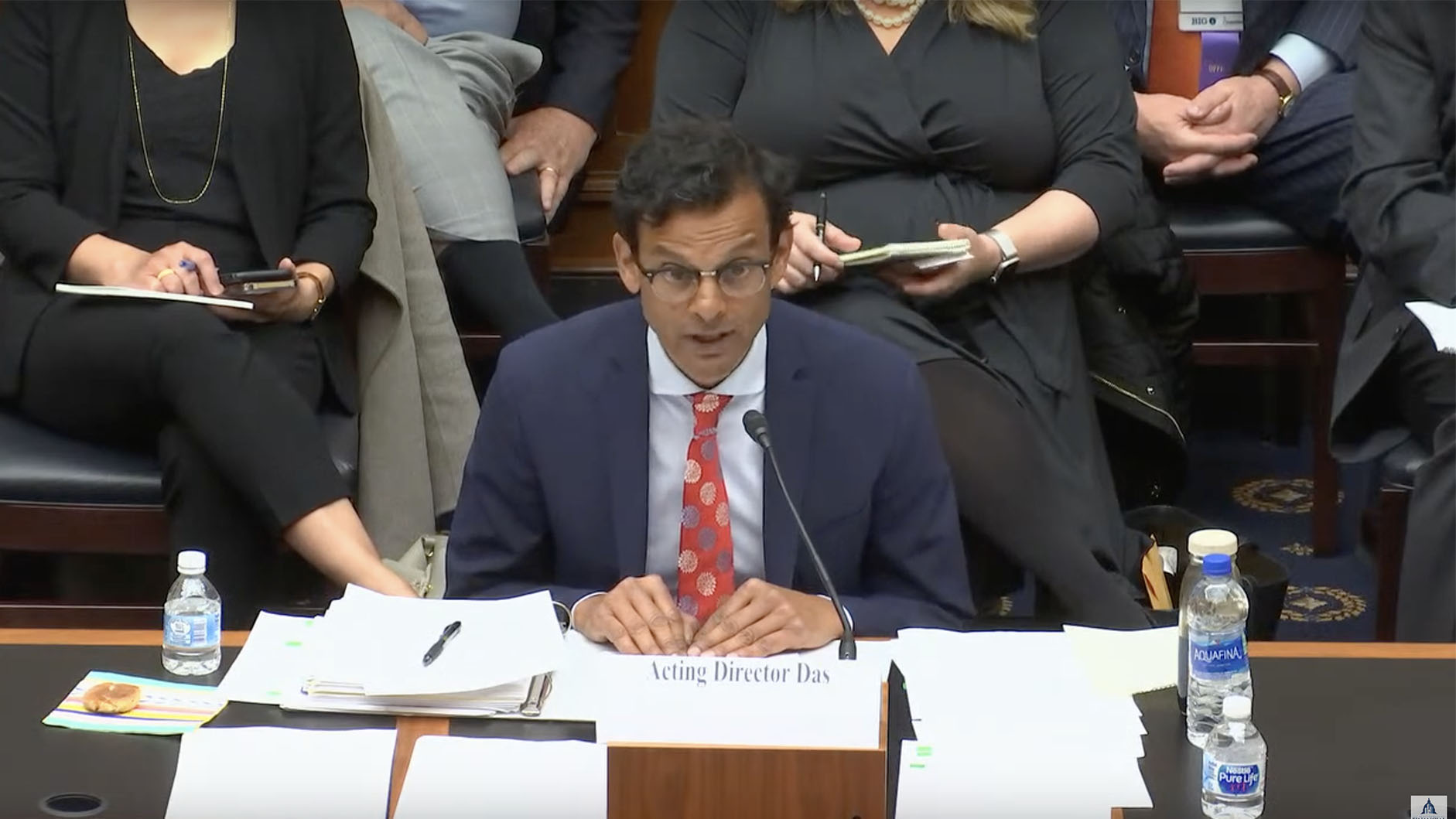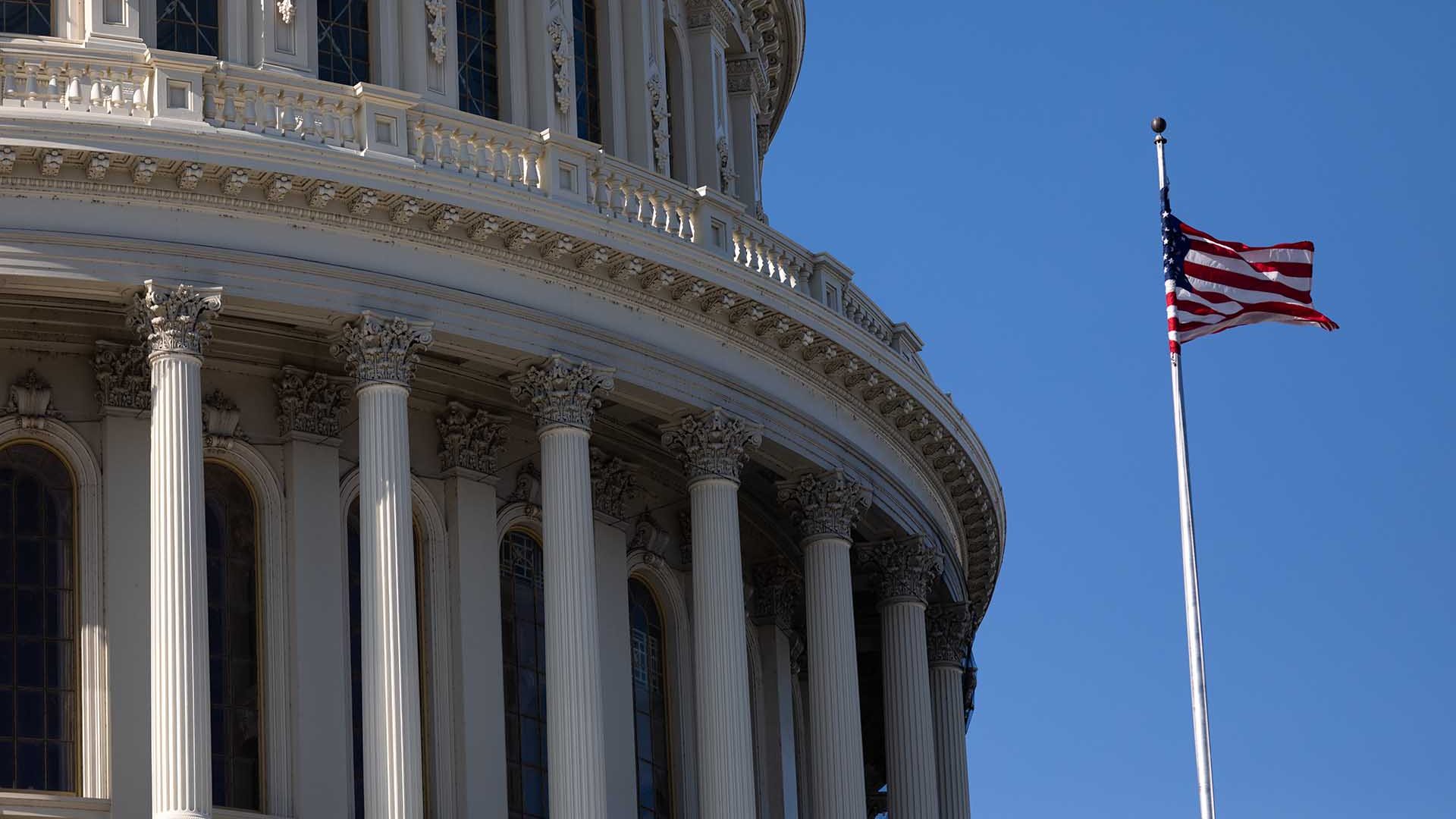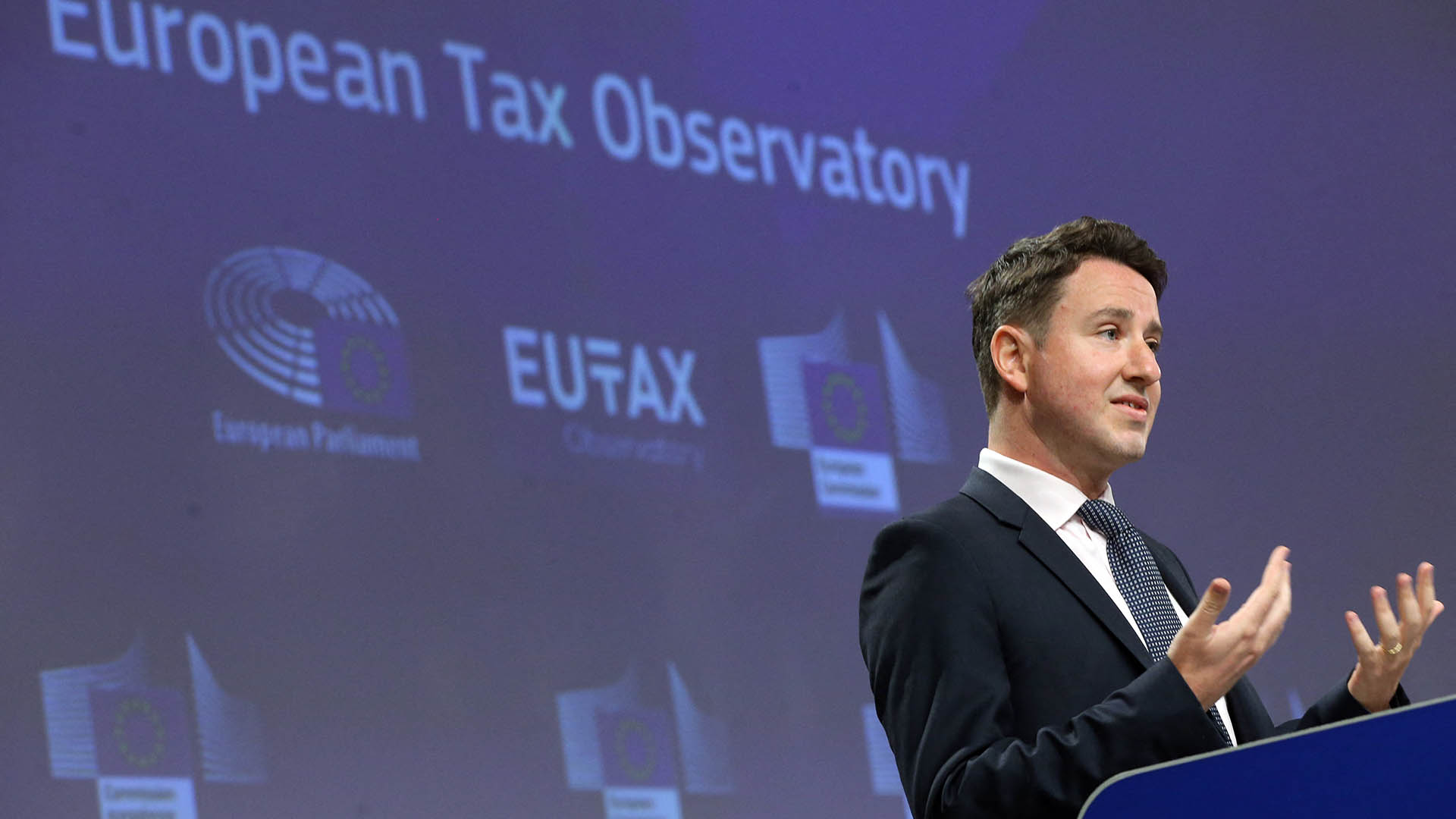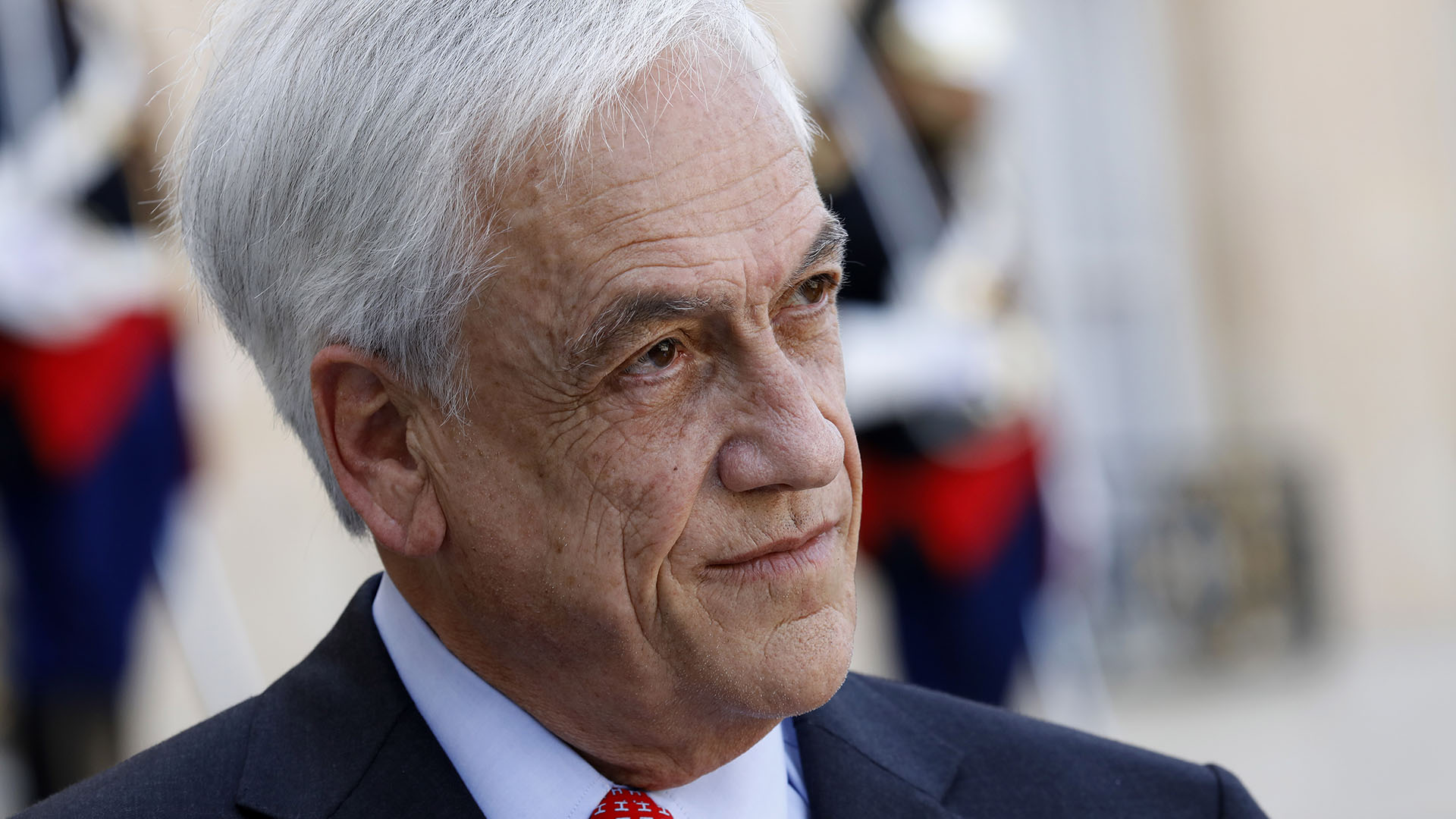The United States has for the first time singled out trust companies and corporate service providers in a sanctions package, barring the industries from future work with anyone inside Russia.
The U.S. Treasury announced its ban on Sunday as part of a coordinated global response to Russia’s invasion of Ukraine. The decision will “cut off access to services that are used by the Russian Federation and Russian elites to evade sanctions,” the department said.
“To the best of my knowledge this is the first time we’ve singled TCSPs out like that,” said Morgan Finkelstein, the U.S. Treasury spokesperson on terrorism and financial intelligence, referring to trust and corporate service providers.
The announcement comes five months after the release of the Pandora Papers, a media investigation published in October by the International Consortium of Investigative Journalists, The Washington Post and more than 150 other media outlets. The stories exposed how oligarchs, political elites and others hide wealth in tax havens around the world, including the United States.
The investigation identified U.S.-based trust companies that helped create more than 200 trusts holding combined assets worth more than $1 billion. Nearly 30 trusts, many of which were in South Dakota, held assets linked to people or companies accused of fraud, bribery or human rights abuses.
One corporate service provider in Jackson, Wyoming, helped Russian oligarch Igor Makarov create a secretive trust and company in 2016, records show. Makarov has since been sanctioned by Canada and Australia for his alleged ties to the Kremlin. Makarov previously denied having ties to President Vladimir Putin.
The Pandora Papers investigation and Russia’s invasion of Ukraine prompted lawmakers across the country to consider changes to state laws that allow owners of trusts and limited liability companies to operate in almost total anonymity.
One bill before the legislature in Alaska requires trusts to share with the state the names of so-called settlors and beneficiaries. A separate bill in New York goes further, proposing a public register of owners of limited liability companies, a popular corporate structure that also has a long history of abuse by kleptocrats, drug and arms traffickers and fraudsters.
Trust and corporate service providers have opposed reform, arguing that the 2021 Corporate Transparency Act will largely solve the problem. Requiring owners of trusts and companies to disclose their identities in one U.S. state will lead them to relocate elsewhere, lobbyists and trust providers have warned.
“There’s nothing this body can do to resolve this problem,” Christopher Reimer, a partner with law firm Long Reimer Winegar, told Wyoming lawmakers during a hearing last month in response to questions about bad actors exploiting trusts and companies.
Lawmakers called the hearing in response to ICIJ and the Washington Post’s revelations that showed how Russian billionaire Makarov set up a trust and company in Wyoming to own a private jet and real estate projects in Europe.
Makarov, who made his fortune selling Russian gas, was included in a 2017 U.S. Treasury Department list of oligarchs and political figures close to the Russian government. Last month, Canada and Australia sanctioned Makarov. In a statement, Canada’s government called a handful of Russians, including Makarov, who made his fortune selling Russian gas, “close associates of the Russian regime … who were sanctioned for their complicity in Russia’s unjustifiable invasion of Ukraine.” Makarov is not subject to sanctions by the United States.
Records show Frontier Registered Agency Services LLC, an affiliate of Long Reimer Winegar, represented Makarov’s trust company in Wyoming from 2016 until earlier this year.
Long Reimer Winegar did not respond to requests for comment.
Makarov’s U.S. attorney, Brian Wolf, did not respond to questions about sanctions or why the trust company was closed months after the Pandora Papers investigation.
Mike Yin, a Democratic lawmaker in Wyoming who attended the hearing, said he would have preferred to know about Makarov’s connection to Long Reimer and Winegar before Reimer’s presentation on the Pandora Papers.
“Sure, there have been some economic benefits from the trust industry,” said Yin, who represents areas of the town from where Makarov’s trust and company were managed. “But I’m a little skeptical that any issues we have with terrible people who hold money here are just going to magically end.”
